Guest post courtesy of Sarah Welson. The views and opinions expressed in this article are those of the guest author and do not necessarily represent the views of Val Heart & Heart Communication Enterprises Inc.
Can your cat food help prevent bladder stones and urine crystals in cats?
As a pet parent, it is a huge mistake to underestimate the power of proper nutrition on your cat’s health.
With the right diet, you can prevent urine crystals and bladder stones.
Read more to learn about the foods that can help prevent urinary problems for your cat.
Why are cats prone to urine crystals and bladder stones?
Wild or feral cats don’t usually have these problems, so the blame lies with we, their caretakers, feeding them unhealthy food.
In some cases, both bladder stones and urine crystals in cats are caused by the ingestion of excess minerals.
It is important to provide cats with a proper diet to keep them from developing these conditions.
Both urine crystals and bladder stones can be excruciating for felines.
Studies have proved that minerals like calcium, phosphorus, and magnesium can cause your feline to develop urine crystals and bladder stones.
While cats need vitamins and minerals, they just need them in small quantities.
AAFCO feeding guidelines recommend that adult cats get 0.6% calcium, 0.5% phosphorus, and 0.04% magnesium in their total diet.
But that is not all.
Even the ingestion of excess protein may be responsible for these two health problems for felines.
Additionally, an imbalance of the pH level of your pet’s urine may be responsible for forming urine crystals.
Unfortunately, this pH imbalance may be the result of kidney disease.
As a cat parent, you need to ensure that your pet is fed a nutritionally balanced diet that complies with the AAFCO feeding recommendations.
Is there a cat food that will help prevent urinary problems?
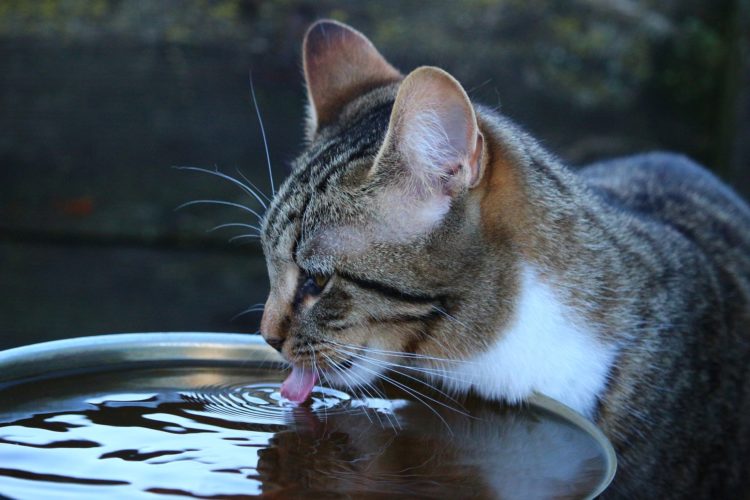
I’m glad you asked, but before we get to that, remember to always serve your pet water in sufficient quantities to prevent urinary problems.
By doing this, the excess minerals that your cat may have consumed will be reduced.
Likewise, introducing more wet food into your pet’s diet can help increase its water intake and prevent urinary problems.
In a study of 6 cats, the dietary moisture intake of the cats involved was increased.
Subsequently, the researchers found that the higher proportion of wet food in their diet increased their daily water intake.
Additionally, their urine became more diluted, reducing their risk of forming calcium oxalates compared to felines on lower-moisture diets.
That’s a small study, but it’s significant and an easy step to take going in the right direction.
Tips on choosing the best cat foods
Different cat food brands exist, but not all of them are suitable or healthy for your pet.
There are various factors to consider when choosing the right cat food to improve your pet’s urinary health.
It’s always important to give your pet a nutritionally complete diet to prevent urinary problems.
This means that whatever pet food you give your pet should meet the guidelines recommended by the AAFCO.
If you are a raw feeder or choosing canned cat food, you should buy cat food brands that offer nutritionally complete cat diets.
Similarly, buy cat kibble that is meat-based and nutritionally complete and balanced.
If you do feed dry food, be sure that your cat is drinking enough water.
Ensure that whatever cat food you choose for your cat is low in carbohydrates.
Excess carbs can cause other health conditions like diabetes in felines.
Also, be sure to provide your pet with clean water after every meal.
Lastly, special vet-approved diets that help prevent urinary problems exist.
These are called therapeutic diets, and they usually work for treating bladder stones.
But you should get your vet’s approval first before administering this diet to your pet.
What ingredients you should avoid
Cats’ nutritional requirements differ from ours.
So sometimes, ingredients that are safe for humans are unsafe for cats.
For instance, the biologically appropriate diet for felines is meat.
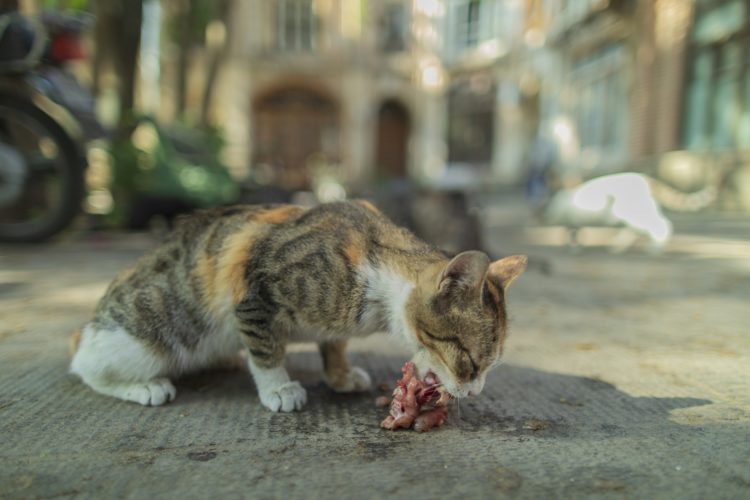
Cats don’t need high amounts of carbohydrates since they can get the energy they need from protein.
So, avoid foods that contain high amounts of carbs.
Also, avoid cat foods that contain many synthetic minerals and chemical preservatives.
And when you choose a supposedly meat-based cat food for your pet, ensure that it does not contain animal by-products.
Animal by-products are substandard ingredients, and they cannot provide the essential nutrients your pet needs.
Lastly, never use onions or garlic whenever you make homemade cooked food for your pet! These two ingredients are toxic to cats.
Conclusion
Now, you should know better than to feed your cat with excess minerals and vitamins.
A wonderful resource for cat parents is Petsumer Reports.
This investigative service has evaluated 100’s of cat foods so you can see things which are good or bad about the food you’re feeding your cat, so you can make wise choices on your cats behalf.
If your pet is suffering from urinary crystals or bladder stones, increase the daily water intake.
That can help dissolve or pass the stones.
With the right diet, you might be able to prevent and treat your pet’s urinary problems.
However, your pet may need to remove the stones through surgery.
So, consult your vet to discuss the options available for treating your cat.
Be sure to leave your comments below!
Recommended for you! Cat lovers also enjoyed these popular posts:
Why You Should Not Own a Cat and Dog Together
Cat Gingivitis – Two Natural Ways to Resolve it
The Causes, Symptoms and Solutions for Cat Hairballs

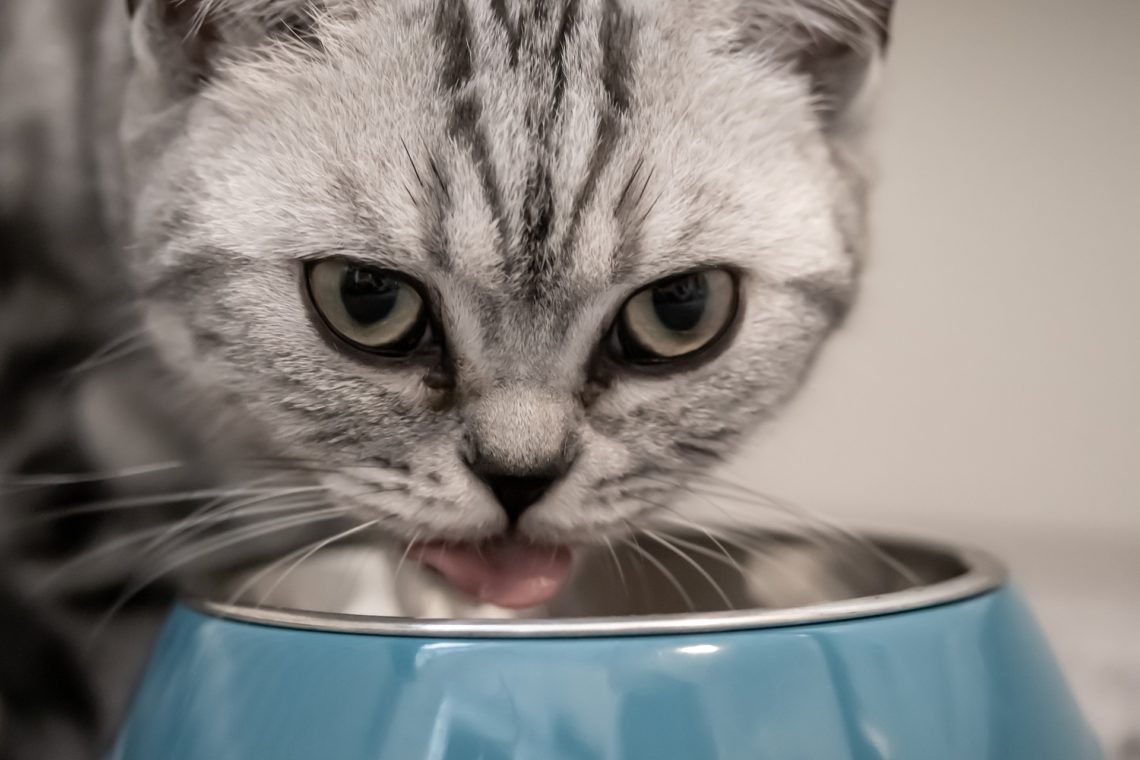

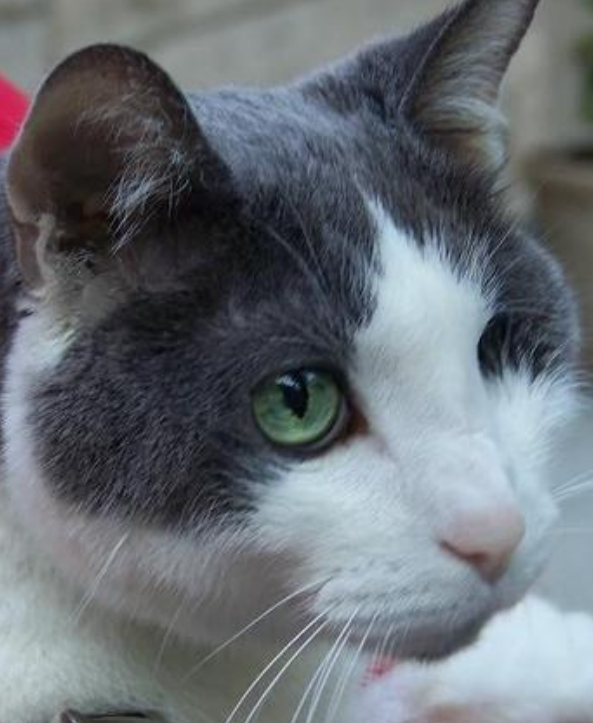

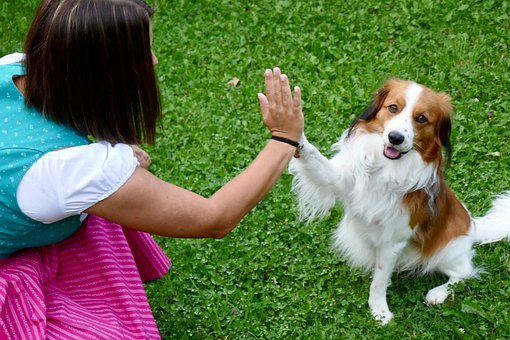

Leave a Reply